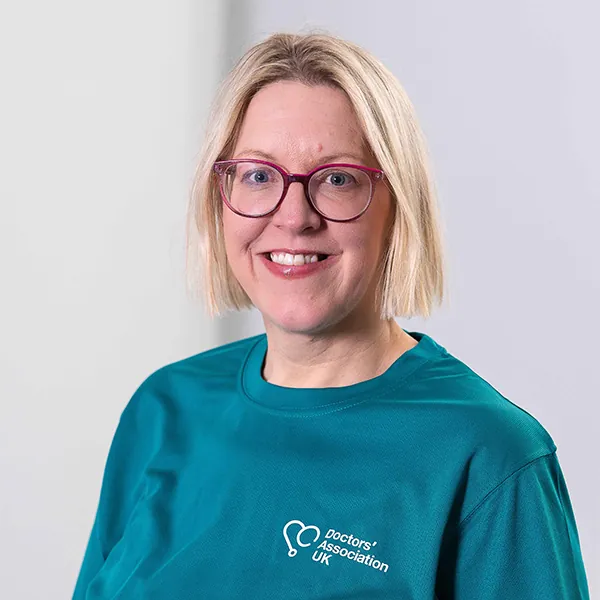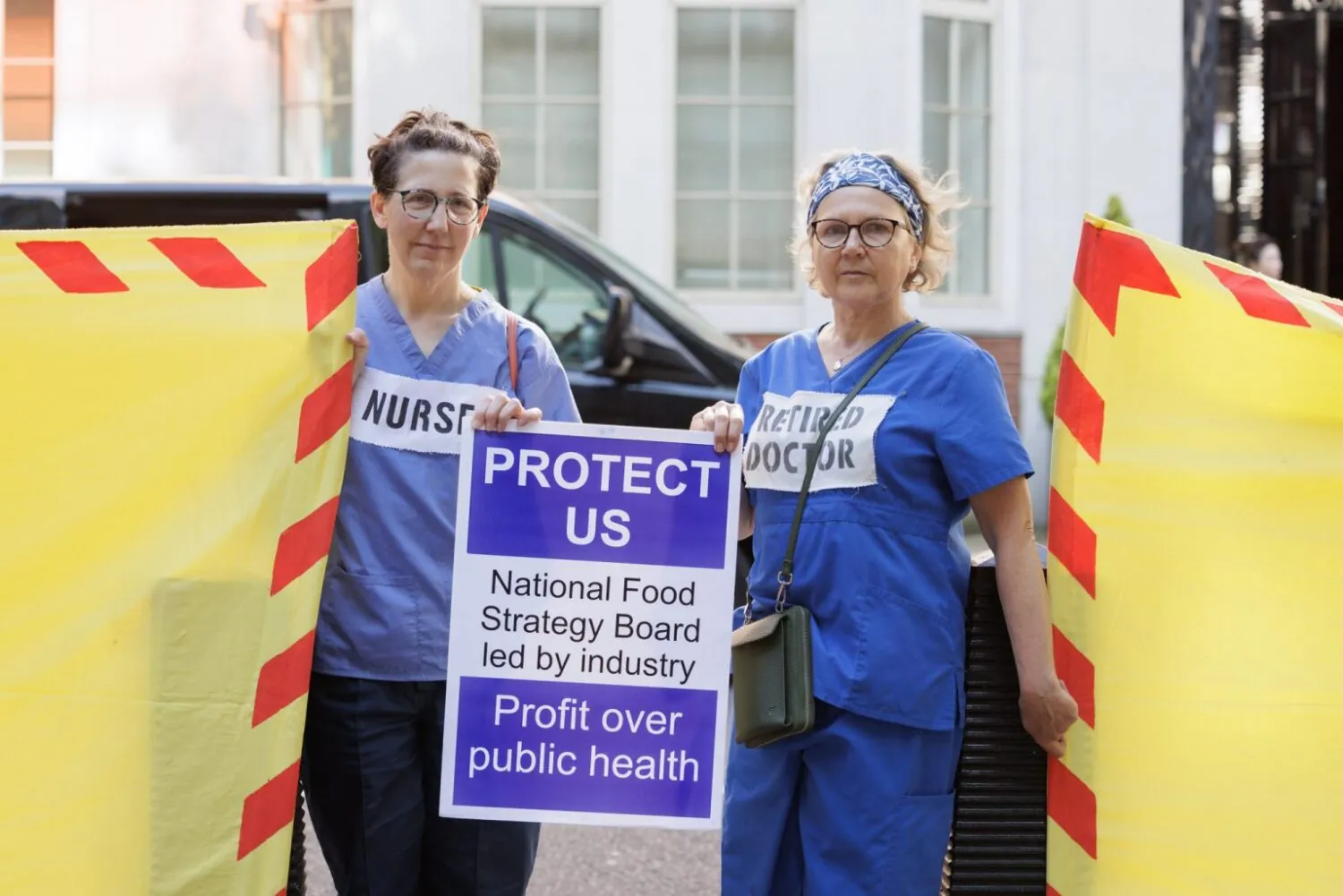
Starting medical school in 2008 felt like a dream. I can’t say that it was a lifelong dream though. You see, I didn’t grow up wanting to be a doctor. Trudging through the pits of depression, anxiety, and agoraphobia through law school led me to medicine. Back then, my interests faced inwards. However, confronting myself emotionally made me realise that service is important. Medicine is how I chose to live out that value.
While the first and second year of medical school was a blast in every way, the third year whiplashed me into a stormy path to learn some hard lessons. I had a car accident. Worse yet, I sustained a spinal cord injury and quadriplegia.
Despite all this, I still love life. I’m grateful for everything that I have. This includes some of the intricacies that such an injury bestows on life.
I was in New York during a December. Coming from Australia’s hot summer, this was a chilly change. Thanks to the condition that changes the body’s response to thermoregulation, I wandered around shivering in New York looking like a well-wrapped ninja stopping occasionally for hot water. These are things that few people realise about a spinal cord injury. Not even I understood what was to come when I woke up on an intensive care bed in 2010. Apart from the very dramatic changes physiologically, life suddenly changed socially as well. We lost money, friends, and family. My own family, which was once a warm fortress of safety, fell apart. What was left was mum and me. I often felt physically and figuratively naked.
Being a patient was tough. I watched medical students do ward rounds on me, addressing me clinically. I rarely felt like a person. There were harsh doctors. There were encouraging doctors. There was a loss of autonomy and empowerment. For months, I didn’t even choose when I showered or ate.
In that hospital was a nurse who was oddly particular about cleaning the male patients’ privates. While one was chilling out in the ward waiting for the day’s therapies, you would often hear this nurse’s booming voice rolling down the corridor. If you were unlucky enough to remain in their path, the inevitable question came. “Have you cleaned your little man today?”, they would say. Regardless of the answer, you would be dragged off to the bed to have the little man cleaned.
With an unusually clean little man, five years went by. I slowly put life back together and plotted the never-ending dream of coming back to medicine. Some said that I shouldn’t do it. Some of my best friends talked about the challenges that would lie ahead and encouraged me to pursue another path. They wanted me to avoid the pain.
This was a time that I remembered the very thing I understood during that time in law school. When we come to the end of our life, no one else will be accountable for the choices we made. If I didn’t give medicine a try, I would regret it forever.
My mum and I, with the support of a forward thinking medical school, came back in 2015. I started life again in Gold Coast, Australia with nothing. We had a couple of bags, a broken wheelchair and some borrowed furniture. I spent weeks in the medical school’s clinical skills lab with a supportive general practitioner, school staff, and a simulated patient learning how to do a physical examination again. This time, I had to think laterally about achieving the same clinical outcome through different physical means.
I figured out how to do most things. I put my head down in a way that I never have before. The injury has forced me to focus my head more. I passed exams and started proving that this can be done. Perceptions however, were still adversarial.
I became privy to a disturbing email circulated on 14 October 2015. In the email, an academic stated that they had developed national inherent requirements for medical students. The academic, who knew me, wrote, “we should refer to them if we are making any difficult decisions about candidates’ suitability to enter or remain in the MD. They do not bind us to exclude anybody but it is hoped that they will provide some legal protection where we do have to make the difficult decision that a candidate’s disability cannot reasonably be accommodated to enable them to study medicine.” Reading these words was nauseating. By this point, I’d gone through many clinical rotations successfully. Why was there suddenly policy that allowed schools to prevent people like me from study medicine?
I read through these inherent requirements. They prescribed physical qualities that would surely exclude me from going through medical school. Fortunately, I wasn’t affected by and graduated in 2016.
Then, another challenge came. In our state, domestic graduates are guaranteed internships. I also had a contract with the Health Authority that bound me to work for them for five years after graduating. Nonetheless, my application was removed from the pool to be “considered separately in a bespoke process”. As the opaque process dragged on, I asked more questions. At one point, I was told that I wouldn’t be starting work with my colleagues and was offered free psychological support instead of a job. After going through the rigours of a spinal cord injury and depression previously, psychological support was not what I wanted. I wanted to work.
I had a lot of supporters in the community, doctors, media and politicians. Emergency physicians in our department even offered to give up some of their salary to fund my position. Thanks to everyone, I was offered a job at the twelfth hour and I started work in 2017.
I have loved every minute of this job. It’s everything that I imagined it to be. And more. The challenges medicine places on a person allows one to experience parts of humanity that would otherwise be inaccessible. I have not only grown as a person, but have come to appreciate people even more.
They have been more than one tired nightshift in the emergency department where I have shared journeys with patients going through life changing events. Medicine happens. We all have the technical skills. My most memorable moments on the job have been the difference just a cup of tea and a chat has made.
The challenges didn’t stop with the internship though. I once started a conversation with a radiologist about pursuing a career in the specialty. Their first reaction was, “I have so many concerns about this. Can you even type?” Later, in response to my questions about the roadblocks roadblocks they kept putting my way, I got a call one day. They said, “You cannot work in our department with a spinal cord injury. If anyone asks, you can’t tell them that I said this. You have to tell them that it is the position of our whole department that you are not wanted.”
Lucky for me, there were many more radiologists that were willing to fight for what’s right. Right now, I work in Australia’s busiest emergency department surrounded by a supportive team that I call family. I even met my beautiful fiancé there.
I am heartened that we are now changing policies about medical students with disabilities in Australia. We are developing professional standards to include a variety of people in this profession.
I like to think that having a wide variety of perspectives benefits our patients. After all, shouldn’t our lived experiences go towards caring for our patients better? The arguments for including a diverse group of people in the practice of medicine are many and obvious.
Most importantly, what we do as doctors has an effect on the rest of the community. We have always had the privilege of being thought leaders. The work that has been done on doctors with disabilities have had widespread repercussions for employment and education broadly. For our profession, leading the way is a must.
Dr. Dinesh Palipana OAM, LLB, MD
Doctors with Disabilities Australia
Griffith University





